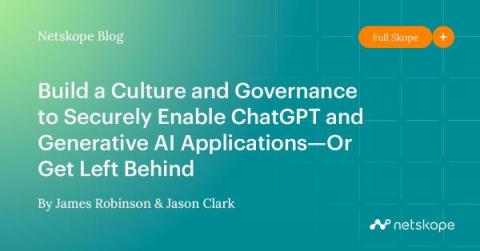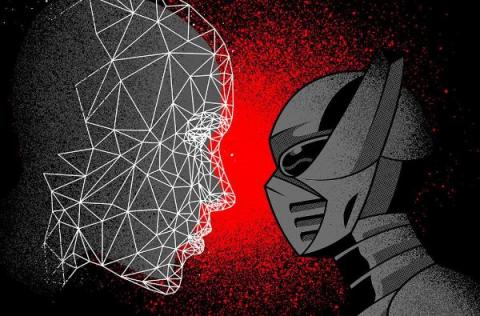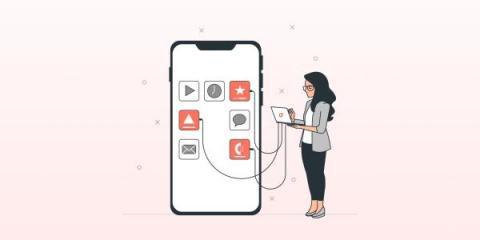Security | Threat Detection | Cyberattacks | DevSecOps | Compliance
Technology
Unlocking the Secrets of Spanish Slang: A Closer Look at Cybersecurity Lingo
Log4j Vulnerability and the Importance of SBOM in Software Supply Chain Security
The Apache Log4j vulnerability has been making global headlines since it became public on 9th December 2021. The report stated that the vulnerability affects Apache log4j between versions 2.0 and 2.14.1 and is independent of the underlying JDK version. It was a full-blown security meltdown that resulted in hackers performing remote code executions and affected digital systems across the globe. In response, Apache implemented patch fixes, but some components remained unattended.
From Response To Request, Adding Your Own Variables Inside Of GraphQL Queries For Account Take Over
For those wondering what GraphQL is… “GraphQL is a query language for your API, and a server-side runtime for executing queries using a type system you define for your data. GraphQL isn't tied to any specific database or storage engine and is instead backed by your existing code and data.”
Build a Culture and Governance to Securely Enable ChatGPT and Generative AI Applications-Or Get Left Behind
No sooner did ChatGPT and the topic of generative artificial intelligence (AI) go mainstream than every enterprise business technology leader started asking the same question. Is it safe?
The intersection of telehealth, AI, and Cybersecurity
Artificial intelligence is the hottest topic in tech today. AI algorithms are capable of breaking down massive amounts of data in the blink of an eye and have the potential to help us all lead healthier, happier lives. The power of machine learning means that AI-integrated telehealth services are on the rise, too. Almost every progressive provider today uses some amount of AI to track patients’ health data, schedule appointments, or automatically order medicine.
AI-generated Disinformation Dipped The Markets Yesterday
The Insider reported that an apparently AI-generated photo faking an explosion near the Pentagon in D.C. went viral. The Arlington Police Department confirmed that the image and accompanying reports were fake. But when the news was shared by a reputable Twitter account on Monday, the market briefly dipped. The photo was spread by dozens of accounts on social media, including RT, a Russian state-media Twitter account with more than 3 million followers — but the post has since been deleted.
CrowdStrike Advances the Use of AI to Predict Adversary Behavior and Significantly Improve Protection
Since CrowdStrike’s founding in 2011, we have pioneered the use of artificial intelligence (AI) and machine learning (ML) in cybersecurity to solve our customers’ most pressing challenges. Our application of AI has fit into three practical categories.
Mobile App Threat Modeling and Security Testing
As technology progresses and mobile devices become ubiquitous, a remarkably large number of people worldwide are now using smartphones. In fact, current estimates show that 6.8 billion users rely on their phones for an array of activities; but most significantly – 88% is dedicated to app usage! While the above stats show that the mobile app industry is thriving, it's also a matter of concern. Why?











